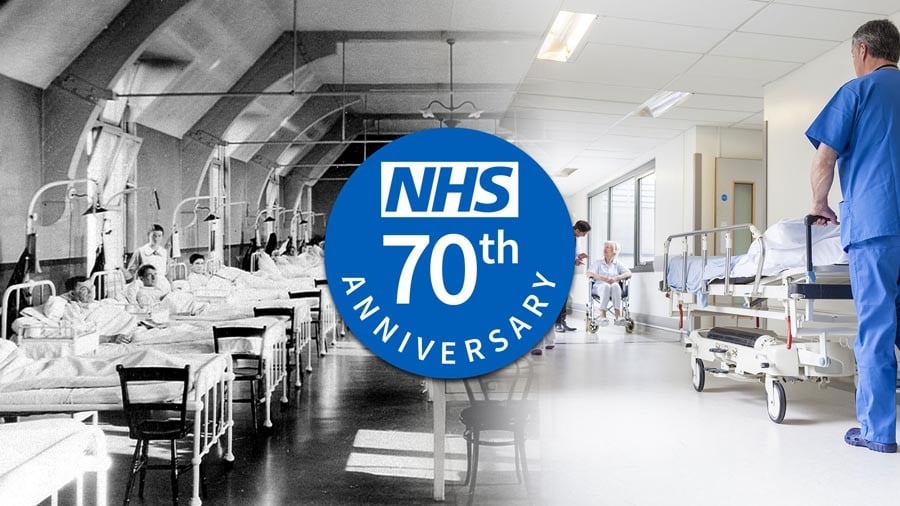
If the NHS is ailing then it should be provided with treatment

Dear All,
Even as demands for setting up an effective public healthcare system crop up every so often during the ongoing election campaign in Pakistan, many miles away, in Britain, there is much discussion on the viability and future of UK’s own health service.
Britain’s National Health Service (NHS) celebrates its 70th anniversary this month, yet all discussion around this has been underpinned by the sense that the NHS’s days are now numbered. The service was set up by the post-war Labour government headed by Clement Atlee, and it sought to provide universal healthcare to Britons: healthcare for all, free at the point of contact.
Since then, successive governments have pledged support to the NHS, variously declaring it a source of pride or praising it while also decrying it as wasteful and in need of reform.
The founder of the NHS Aneurin ‘Nye’ Bevan, Atlee’s health minister, was a strong believer in social justice, and creation of a Public Health Service was in line with his beliefs. However, it is worth noting that the healthcare system and its funding were under threat even in its early days. Bevan had to resign from his post when the government decided to transfer funds from the National Insurance Fund to pay for rearmament.
The threats to the service continue to this day, and now the debate revolves around its flaws and supposed non-viability. But since defenders of the NHS are many and vehement, its critics attack them for being irrational and fanatical. This is summed up by a Times columnist, Alex Massie, who wrote last week that "the NHS has become the greatest cult of our time."
Attacking those who defend the health service and labelling them irrational and cultist serves to paint its critics as reasonable and objective. Obviously, the distinction is not so simple: it is not about rational versus irrational but rather about those believing in a socialist system of health as opposed to those who do not.
So, despite what the Conservatives might say publicly, the idea of such a model is not in line with their capitalist and elitist principles. A Guardian columnist, Polly Toynbee, reminds us of the history, "The Tories voted 22 times against the creation of the NHS, warning it was ‘Hitlerian’."
In a sense, belief does play a part in the whole debate: because belief in the value of such a system is what will determine its implementation and its support. A belief in this health service will determine how it can be better re-imagined and more efficiently run. Because the NHS is not just about funding and targets, what makes it so special is its ethos of care and compassion. I personally have never encountered the same ambience and personal commitment in the private health sector. This is something so unique to the NHS that it merits reflecting upon and saving.
Medical professionals and managers in private healthcare have different sorts of pressures as they must worry constantly about profits and money. Everything is reduced to being about the bottom line. Of course, many dedicated and compassionate medical professionals work in the private sector but the ethos of compassion is not part of the system they work within (watch the excellent medical drama The Intern for a good illustration of the pitfalls of private healthcare).
If the NHS is ailing, it should be provided with treatment -- after a thorough examination and proper diagnosis. But we also need to remind ourselves why such a health system is valuable and must be saved: not merely because it links economic progress to social justice but also because it reminds us that in a civilised society basic health and education should be a right -- not a privilege.
Best wishes,